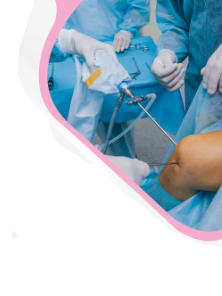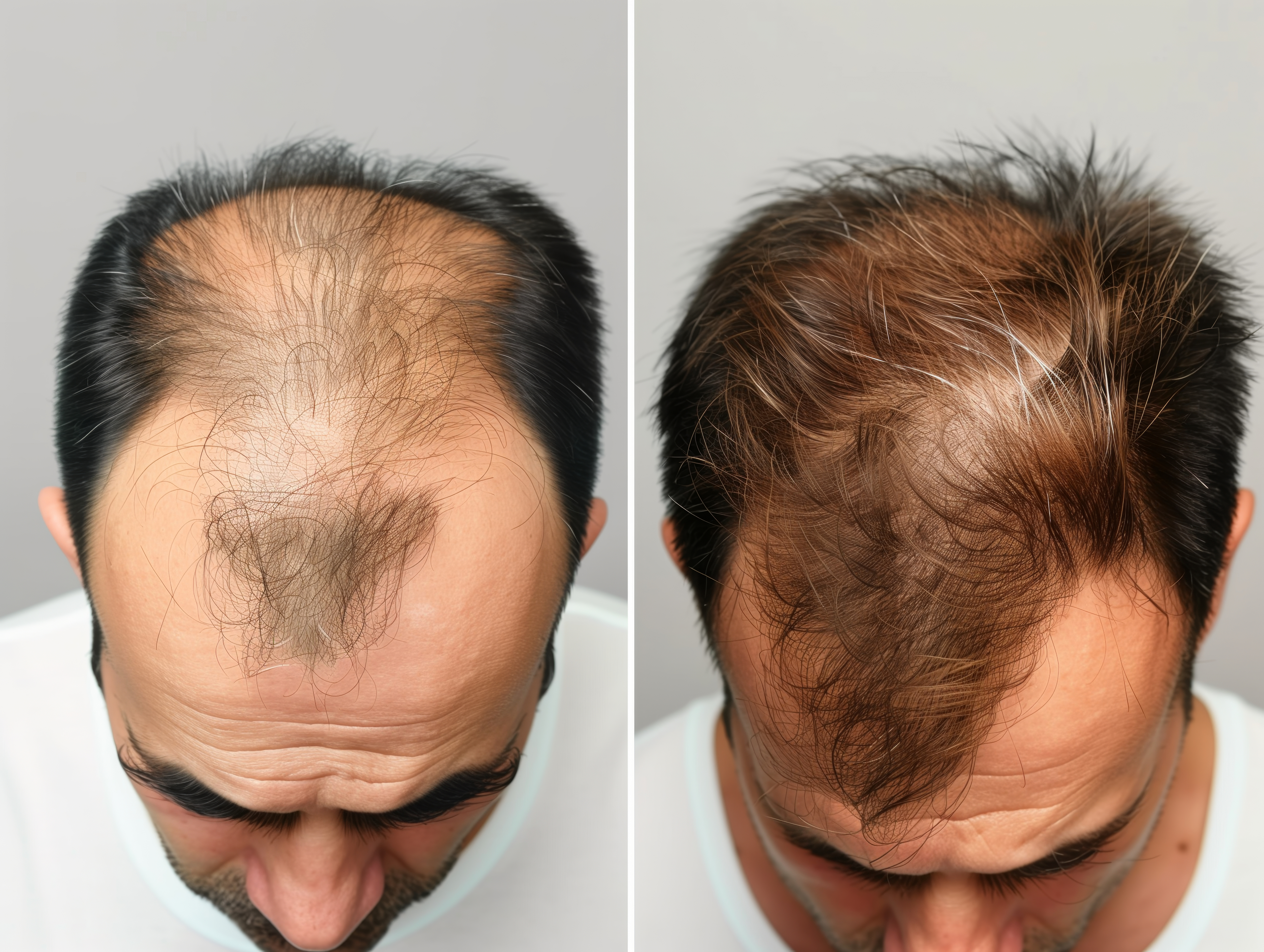The landscape of addiction treatment has evolved significantly in recent years, and one of the driving forces behind this transformation is technology. From streamlined management systems to innovative therapeutic tools, addiction treatment centres are harnessing the power of technology to enhance patient care, improve operational efficiency, and foster lasting recovery. In this blog, we explore the intersection of technology and management in these treatment centres, shedding light on how innovation is revolutionizing the approach to recovery.
1. Electronic Health Records (EHRs) and Patient Management:
2. Telehealth and Virtual Care:
3. Mobile Apps for Support and Monitoring:
Mobile applications designed for addiction recovery offer a range of functionalities, including daily check-ins, progress tracking, and access to educational resources. These apps, used by addiction treatment centres, serve as companions in recovery, providing individuals with instant support and tools to manage triggers and cravings. Some apps even incorporate features like mindfulness exercises and peer support forums, fostering a sense of community and connection among users. The real-time nature of these apps ensures timely interventions and adjustments to treatment plans, enhancing the overall effectiveness of the recovery process.
4. Data Analytics for Treatment Optimization:
5. Biometric Monitoring and Wearable Devices:

6. Virtual Reality (VR) Therapy:
7. Artificial Intelligence (AI) for Personalized Treatment Plans:
8. Gamification for Engagement:
Why choose Healing Travel for the best addiction treatment services?
Choosing addiction treatment services in Serbia, Croatia, Turkey, India, Israel, or South Africa through Healing Travel ensures a comprehensive and compassionate approach to recovery. Our partnered rehab centres collaborate with esteemed alcohol and drug rehabilitation facilities, offering a range of specialized services tailored to individual needs. The commitment to personalized treatment plans, including detoxification, evidence-based therapies, and holistic healing approaches, distinguishes our services.






Add Comment